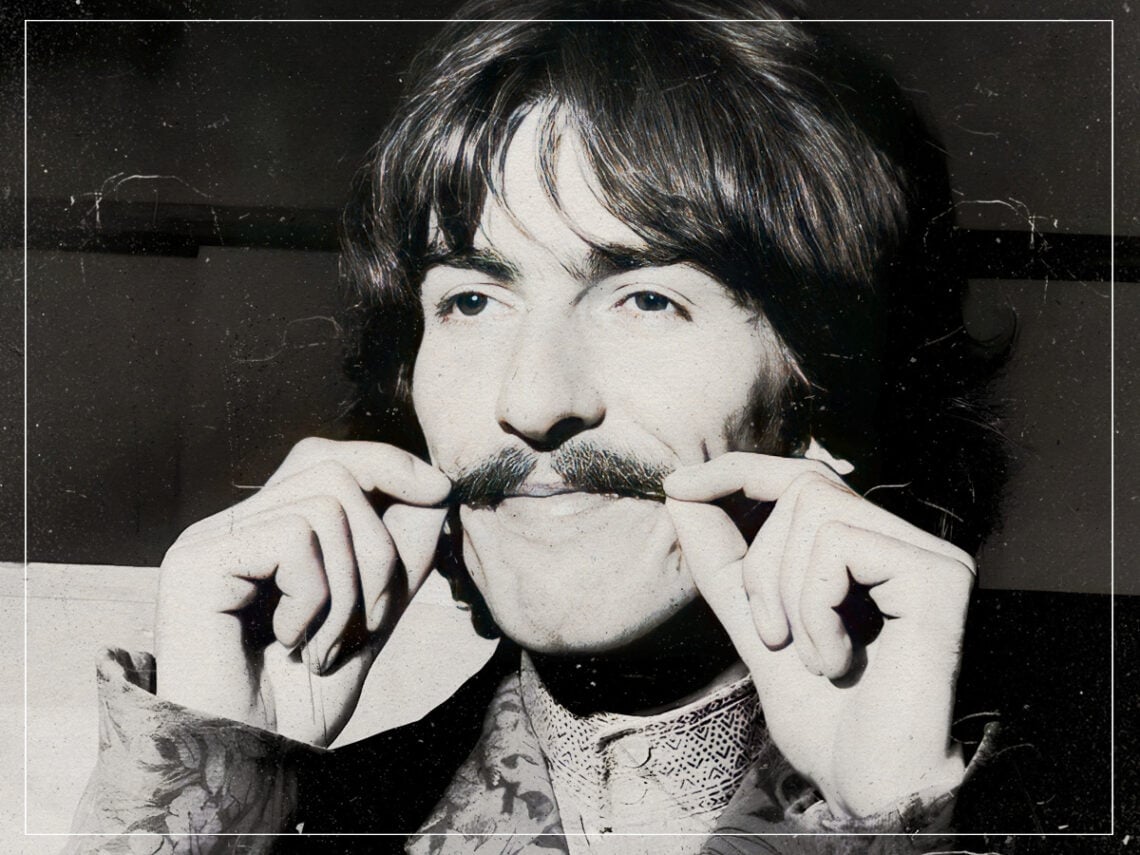After The Beatles broke down and the four friends split up, each member went to lick their wounds in their own corner and in their own way. Largely processing the situation by throwing themselves into solo records gave them a chance to regain their love for music. In the case of George Harrison, it handed him the opportunity to say what he needed to say in whatever way he desired.
On his first solo album since the band’s breakdown, ‘Run Of The Mill’ is widely regarded as Harrison’s final say on the Beatles situation. The musician sings, “Tomorrow when you rise / Another day for you to realise me / Or send me down again,” in a track that seems to speak to his frustration over the ways the band discredited or underestimated him.
But if ‘Run Of The Mill’ stands as his clear comment on the situation, ‘Isn’t It A Pity’ appears as a kind of vengeance, as Harrison sets out to prove his bandmates wrong and more than show his worth. Holding his more tender feelings about the band’s split, the track was his anthem for disappointment and his chance to make them regret it.
The story goes that ‘Isn’t It A Pity’ had been rejected by the Beatles during their 1969 Let It Be sessions. Amid those writing and recording dates at Twickenham studios, tensions in the group hit an irreparable all-time high. At one point, Harrison even stormed out. In his diary, on January 10th, he writes it quite plainly, “got up went to Twickenham. Rehearsed until lunchtime – left The Beatles.”
Eventually, the guitarist came back, contributing two tracks to the album in the form of ‘I, Me, Mine’ and ‘For You Blue’. But he wanted there to be a third; ‘Isn’t It A Pity’. It was a song Harrison had been pitching to the band for quite some time, trying to get them to see its worth even as far back as the Sgt. Pepper’s Lonely Hearts Club Band sessions. Despite the track’s obvious worth and potential, John Lennon and Paul McCartney refused it time and time again.
Biography writer Elliot Huntley summarises the atmosphere surrounding the song perfectly as he wrote, “[It’s] simply beggars belief that the track was rejected by Martin, Lennon and McCartney – three men whose reputations rested on their ability to spot a good tune when they heard one.” As a result, this gem sat in Harrison’s archives until the 1970 solo album.
The version heard on the record is the epitome of a Harrison song. A prime example of the musical style he had come to love and brought to the band in their final days, ‘Isn’t It A Pity’ is an intoxicating blend of rock, romance and hymnal excellence.
But therein lies its sadness. “Isn’t it a pity / Now, isn’t it a shame / How we break each other’s hearts / And cause each other pain,” Harrison sings, almost prophetically. If ‘Run Of The Mill’ was his final comment on The Beatles’ situation, ‘Isn’t It A Pity’ seems to be his final feeling, one of mourning and disappointment but in an entirely non-judgemental way. “‘Isn’t It a Pity’ is about whenever a relationship hits a down point,” he wrote in his autobiography, adding, “It was a chance to realise that if I felt somebody had let me down, then there’s a good chance I was letting someone else down.”
Lyrically, it’s a mature take on the sad loss of his friendships and the band he was raised in. But in the music, there is a clear sense of strength and empowerment on a slower second version of the track that cuts through even clearer. Harrison’s voice is rich and emotive, as though we are hearing him process his feelings in real time.
All sat on an instrumental track that perfectly merges the classic sounds and harmonies of The Beatles with the musician’s own later influences; it’s a true display of Harrison’s worth as a musician in both phases. Clearly determined to prove to his old bandmates that this song was always a special one, both versions merge lyrical vulnerability and a subtle sadness with a real sense of determination. He wanted to make the band regret not picking this track up, and we’re sure they did.



